12 GPTs for Astronomy Enthusiasts Powered by AI for Free of 2026
AI GPTs for Astronomy Enthusiasts are advanced artificial intelligence tools designed to cater specifically to the interests and needs of individuals passionate about astronomy. These tools, built on the Generative Pre-trained Transformers (GPT) framework, offer tailored solutions for exploring, learning, and analyzing astronomical phenomena. They leverage vast datasets and sophisticated algorithms to provide insights, generate content, and assist in data interpretation, making them invaluable for both educational and research purposes in the field of astronomy.
Top 10 GPTs for Astronomy Enthusiasts are: Constellation Guide,宇宙語り,Cosmo Guide,Celestial Guide,Moon Phase Today,Cosmic Event Predictor,🌌 Cosmo Linker lv3.4,Nico's model,Astro Snapshot,Space Trivia
Constellation Guide
Navigate the stars with AI
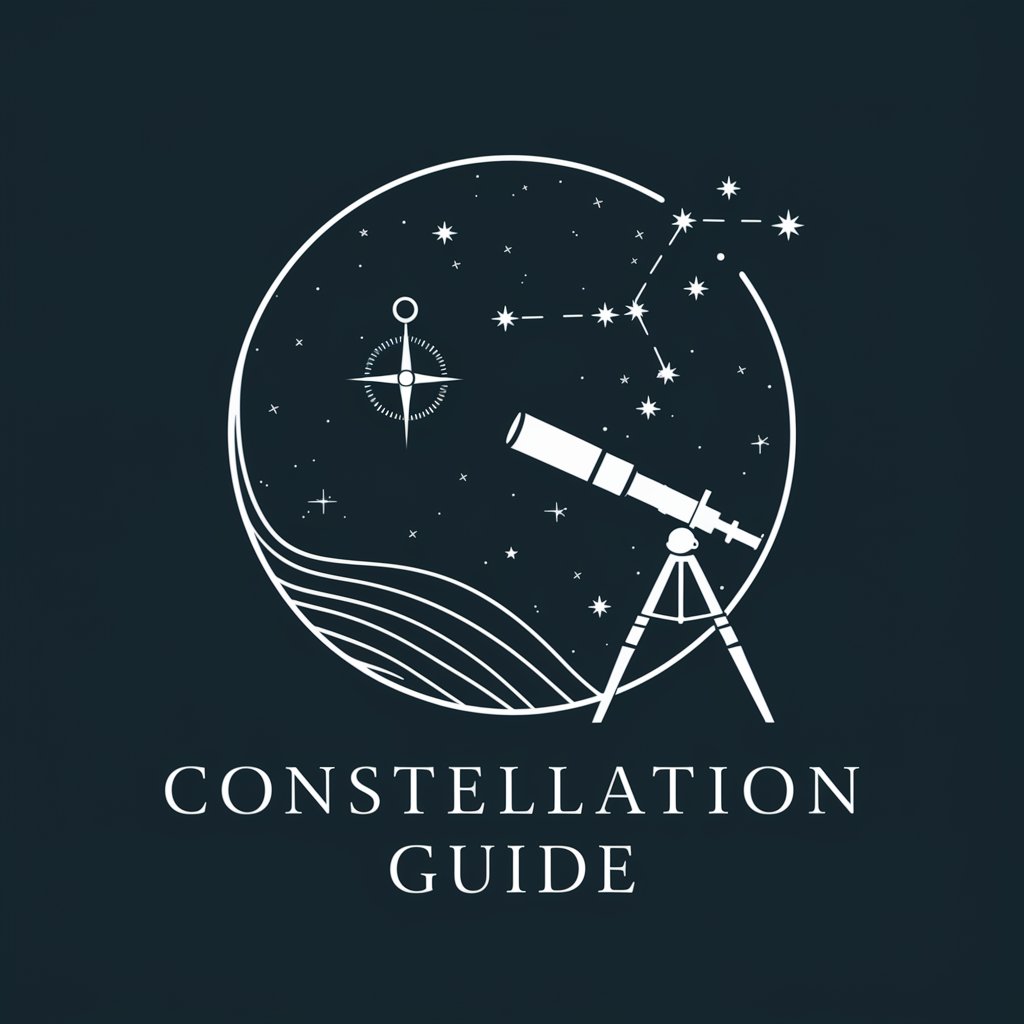
宇宙語り
Explore the cosmos with AI-powered insights.
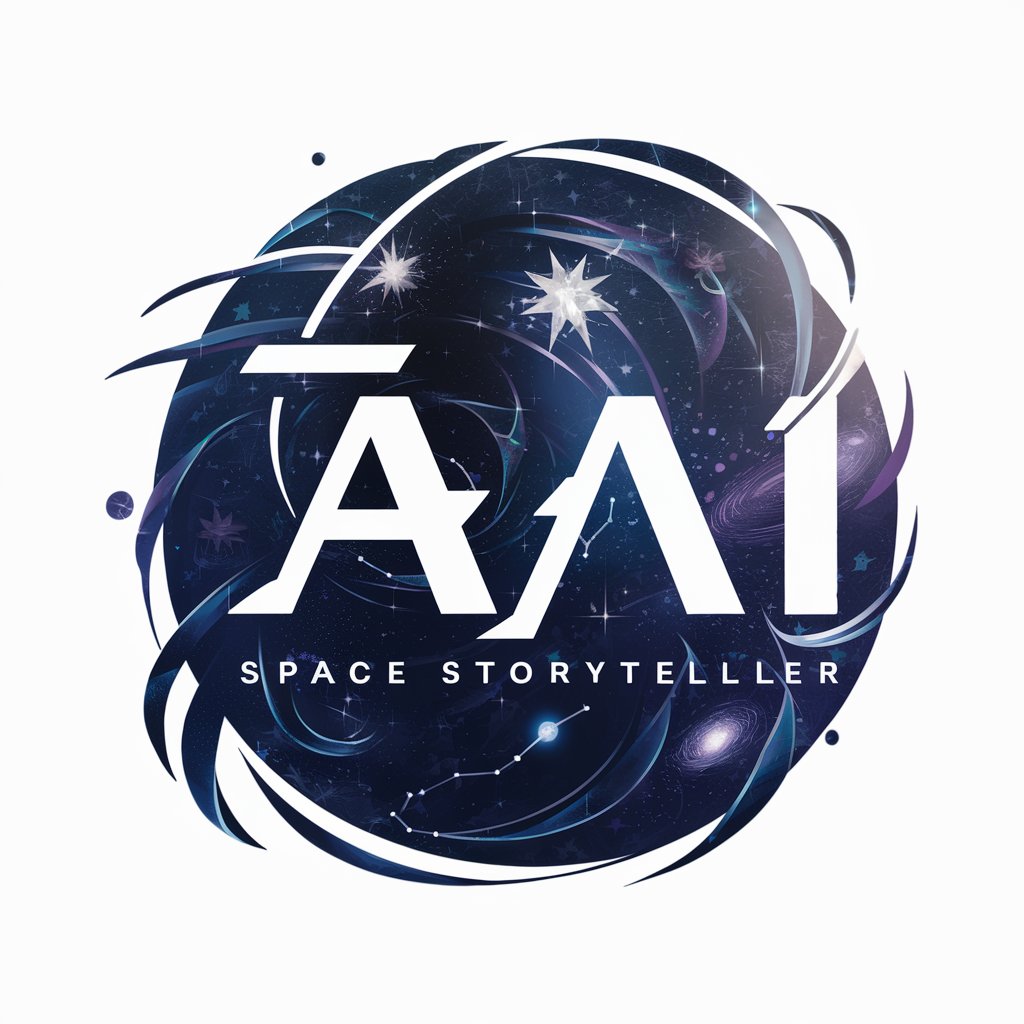
Cosmo Guide
Navigate the cosmos with AI-powered guidance.

Celestial Guide
Explore the cosmos with AI-powered guidance.
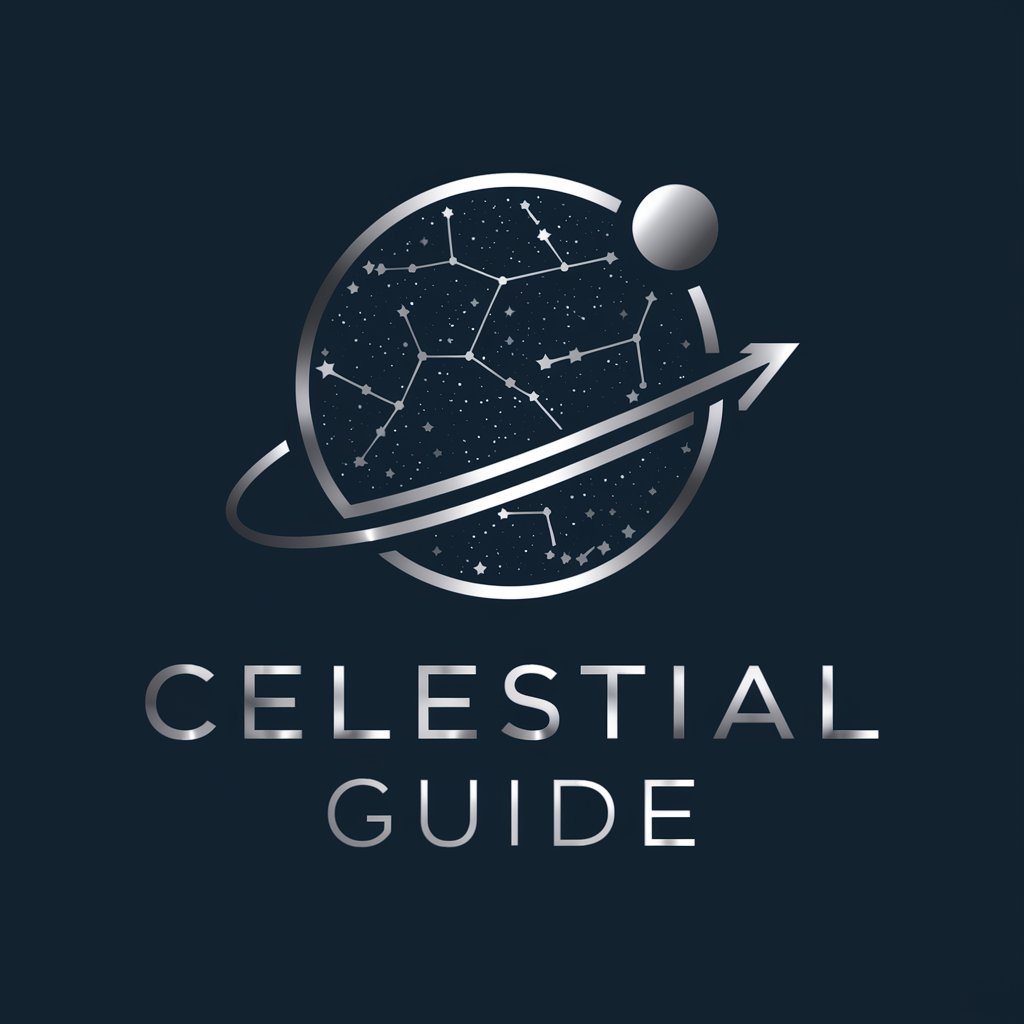
Moon Phase Today
Illuminate Your Moon Knowledge
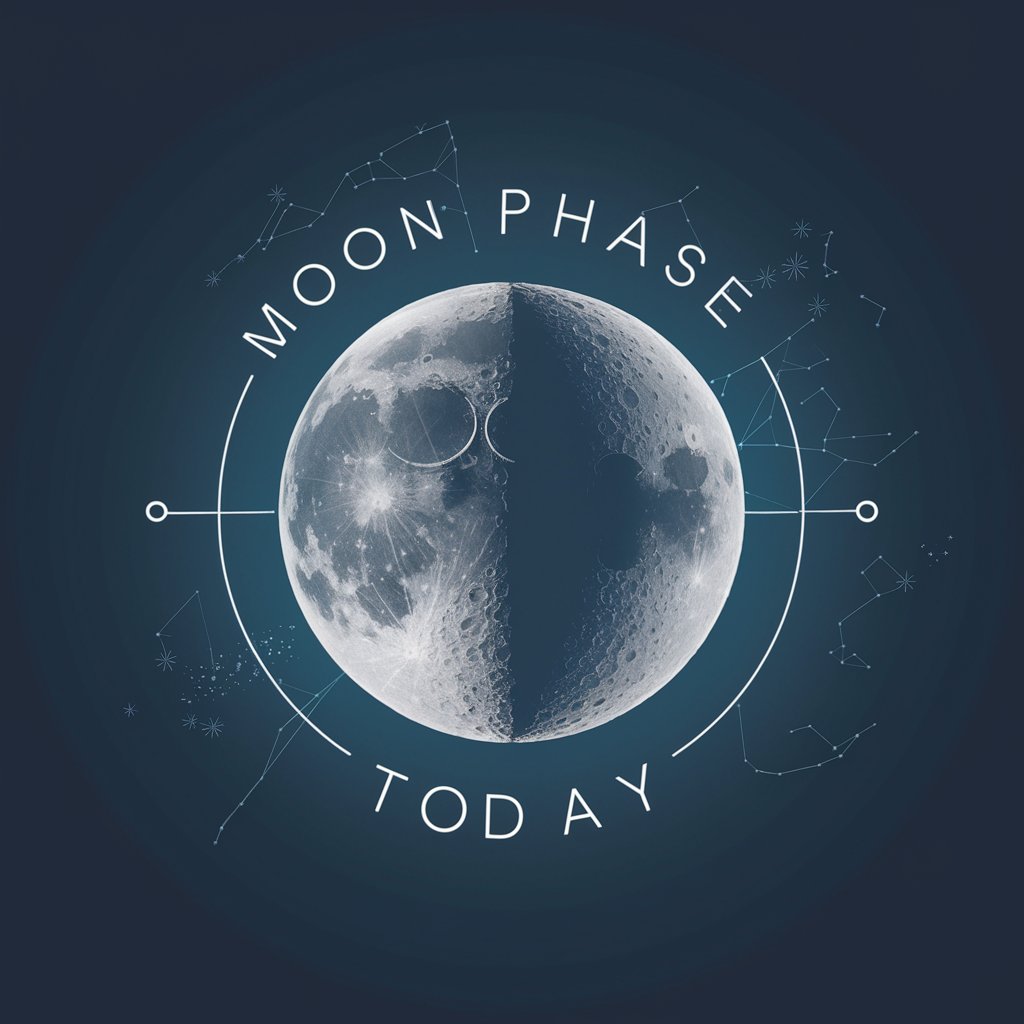
Cosmic Event Predictor
Unlock the Cosmos: AI-Powered Predictions
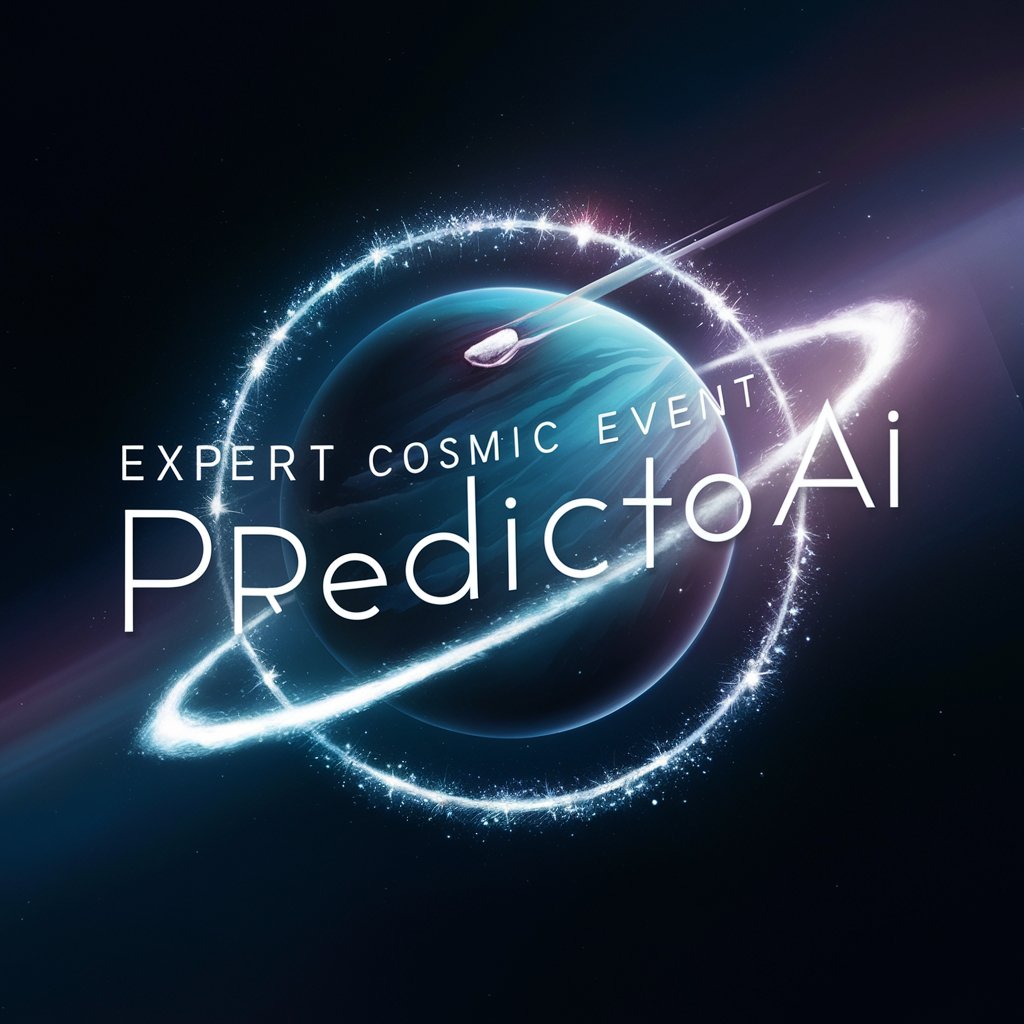
🌌 Cosmo Linker lv3.4
Unlock the cosmos with AI-powered links
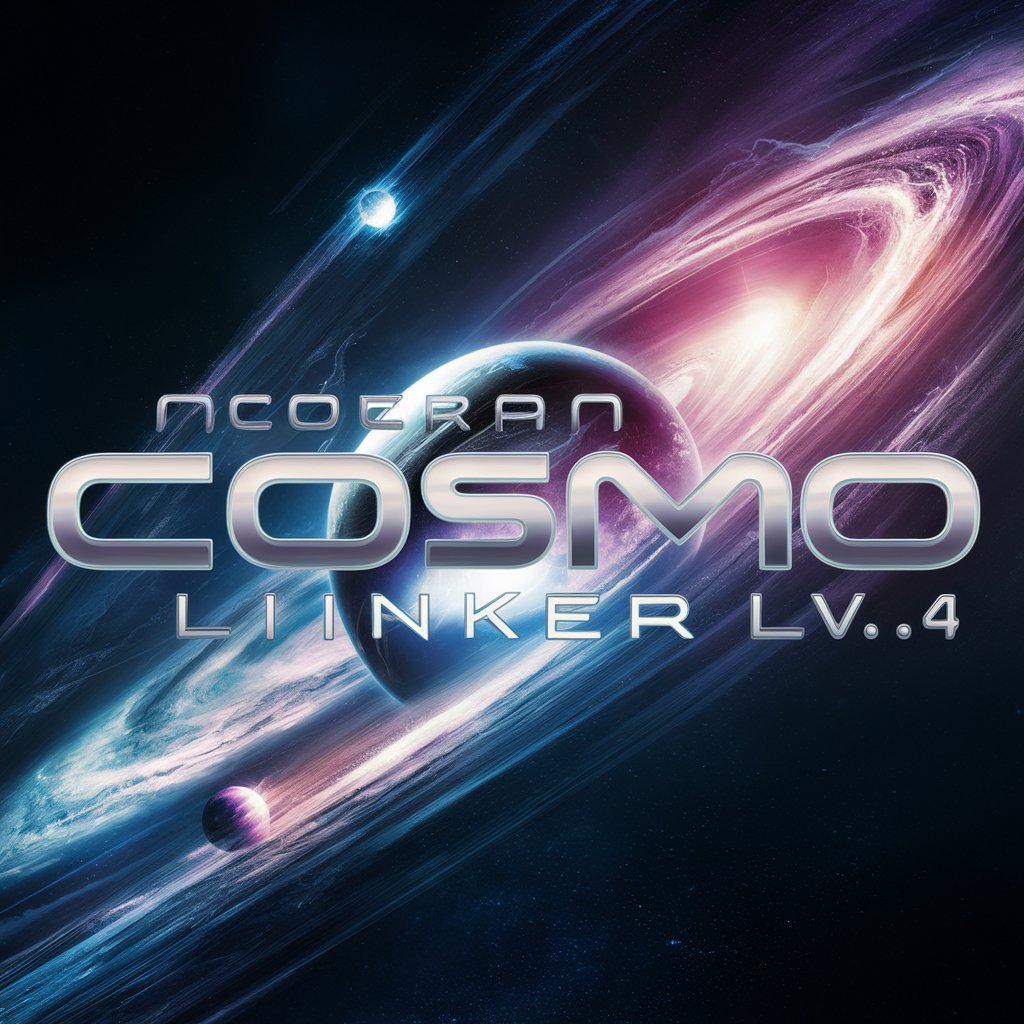
Nico's model
Explore the Universe with AI

Astro Snapshot
Unlock the cosmos with AI-powered insights.
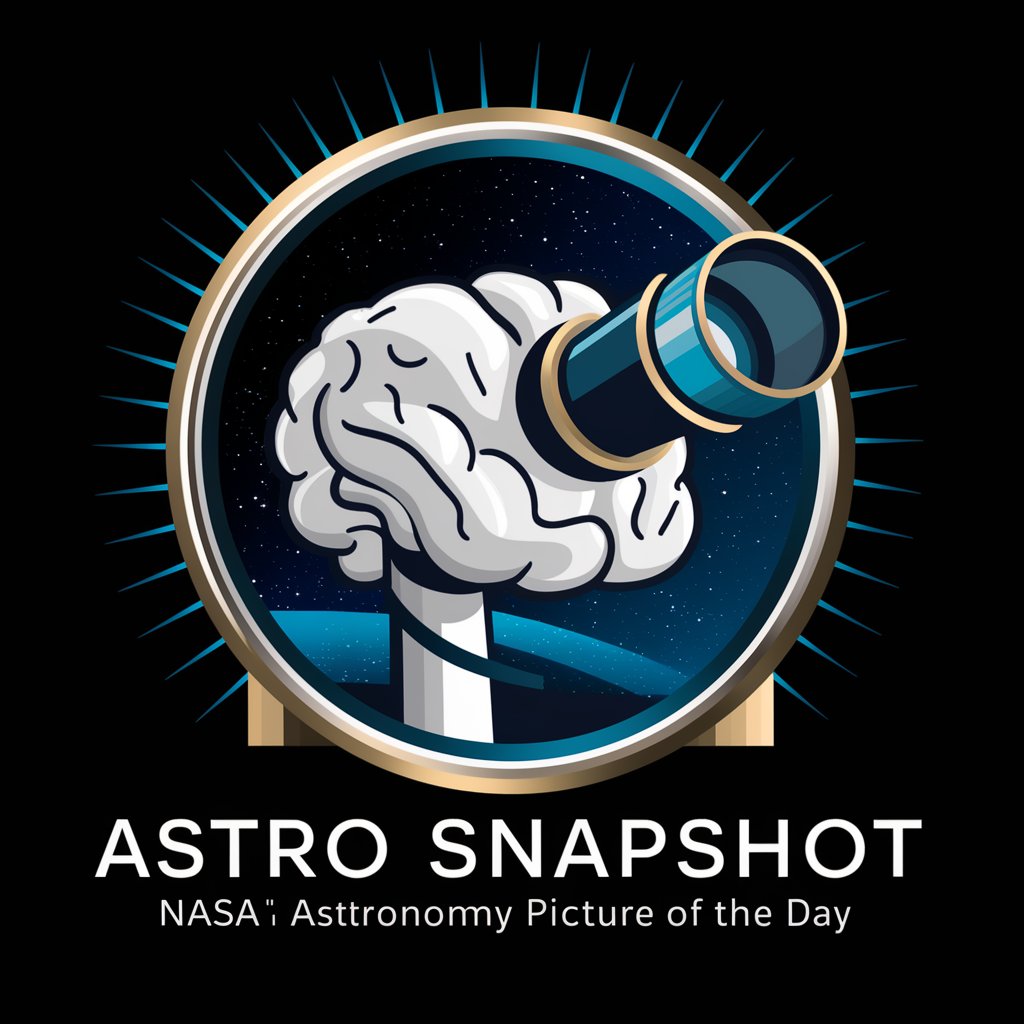
Space Trivia
Explore the cosmos with AI-powered guidance.
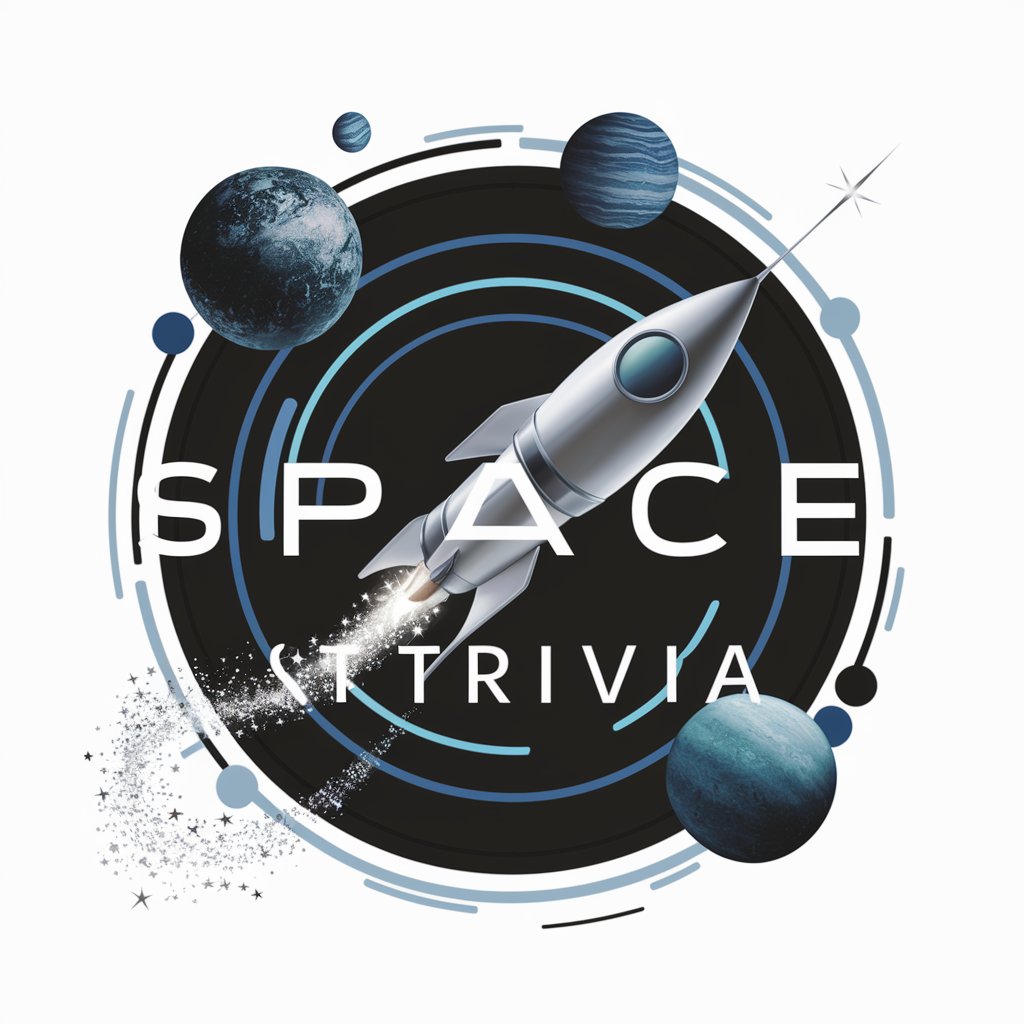
Meteor Shower Alert
Illuminate the Night: AI-Powered Star Gazing
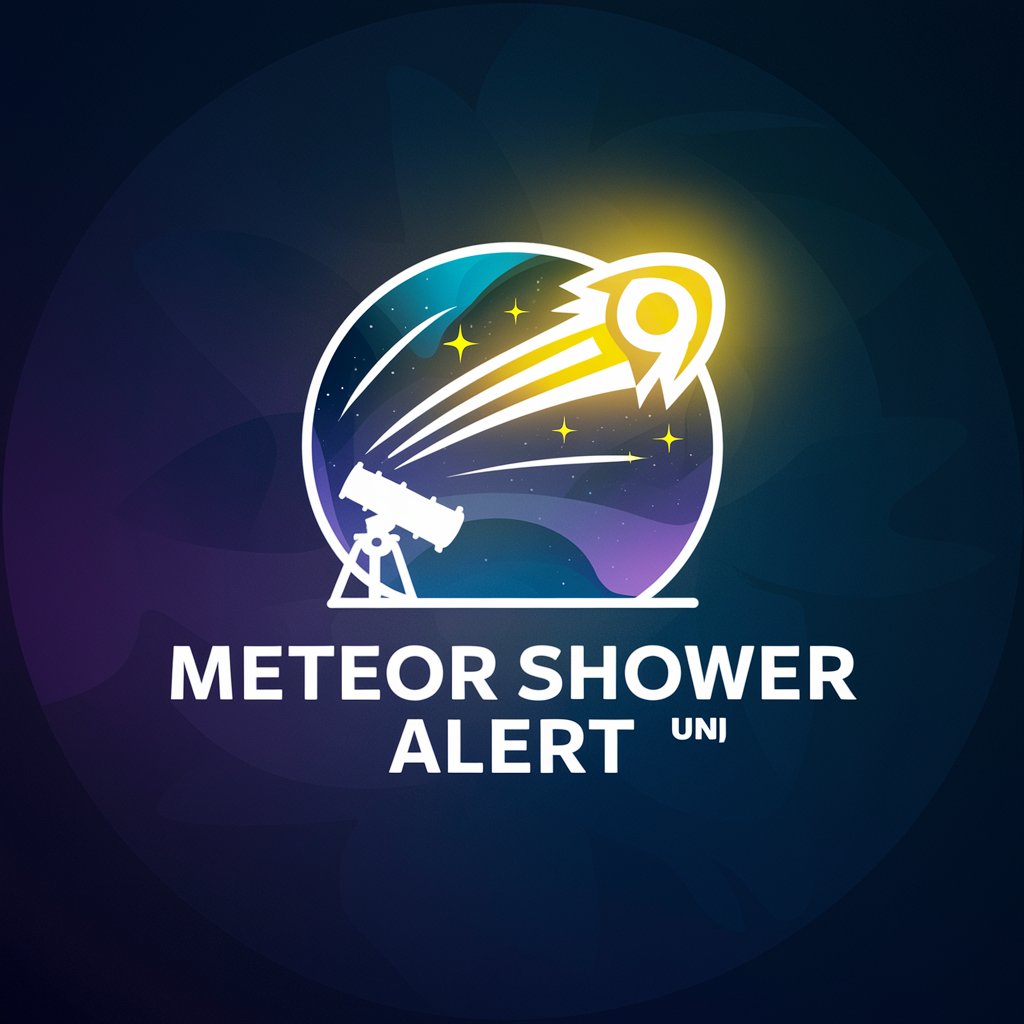
Sunrise Sunset
Discover the World Through Sunrise and Sunset

Key Attributes and Functions
These specialized AI tools boast a range of features, including natural language processing for interpreting and answering complex astronomical queries, image generation capabilities for visualizing celestial bodies, and data analysis functions for examining astronomical datasets. Their adaptability ranges from providing simple explanations suitable for beginners to facilitating advanced research tasks. Unique features may include simulation environments for celestial events, integration with astronomical databases, and support for various languages to cater to a global audience.
Who Benefits from Astronomical AI Tools
The primary users of AI GPTs for Astronomy Enthusiasts include amateur astronomers seeking to deepen their knowledge, educators in need of dynamic teaching resources, and professional researchers requiring advanced analytical tools. The intuitive interfaces make these tools accessible to hobbyists without technical backgrounds, while programmable features and API integrations offer customization for developers and scientists.
Try Our other AI GPTs tools for Free
Instant Relief
Discover how AI GPTs for Instant Relief can transform urgent support with adaptable, efficient, and empathetic solutions tailored to meet immediate needs.
Budgeting
Discover how AI GPTs for Budgeting can transform your financial planning with intuitive, personalized tools designed for everyone from novices to professionals.
Drill Suggestions
Discover how AI GPTs for Drill Suggestions revolutionize decision-making with tailored, efficient solutions across various fields, enhancing productivity and innovation.
Film Parody
Discover how AI GPTs for Film Parody revolutionize content creation with adaptive humor, satire understanding, and innovative film analysis tools.
Car Diagnosis
Discover AI GPTs for Car Diagnosis: Revolutionizing automotive troubleshooting with advanced AI, offering intuitive diagnostics, and predictive maintenance insights for all car enthusiasts and professionals.
Mechanic Consultation
Discover AI-powered Mechanic Consultation tools, leveraging GPT technology to provide expert automotive advice, diagnostics, and maintenance tips for professionals and novices alike.
Expanding Horizons with AI in Astronomy
AI GPTs for Astronomy Enthusiasts are at the forefront of blending technology with celestial exploration, offering interfaces that cater to both novices and experts. They not only democratize access to astronomical knowledge but also pave the way for innovative research methodologies. The integration of these tools into educational and research frameworks highlights their potential to transform how we understand and engage with the universe.
Frequently Asked Questions
What exactly are AI GPTs for Astronomy Enthusiasts?
They are AI-powered tools designed to provide customized information, analysis, and visualizations for those interested in astronomy, utilizing the GPT framework to process and generate relevant content.
How can these tools enhance my understanding of astronomy?
By providing tailored responses to queries, visualizing astronomical concepts, and analyzing celestial data, these tools offer an immersive learning experience that can enhance your understanding of the cosmos.
Do I need programming skills to use these AI tools?
No, many of these tools are designed with user-friendly interfaces suitable for individuals without coding expertise, though additional features may be available for those who can utilize programming for customization.
Can these AI tools help with academic research in astronomy?
Yes, they can analyze complex datasets, simulate celestial phenomena, and provide up-to-date information, making them valuable for academic research and professional study.
Are the generated images and data from these tools scientifically accurate?
While these tools aim to provide accurate visualizations and data analysis based on current astronomical knowledge, users should cross-reference with authoritative sources for research or academic purposes.
Can I integrate these AI tools with other software or databases?
Many AI GPTs for Astronomy offer API support and can be integrated with other software applications or astronomical databases, enhancing their functionality and utility.
How do these tools stay updated with the latest astronomical discoveries?
They frequently incorporate updates from recent research and astronomical databases, ensuring the information and analysis they provide remain current.
Are there community forums or support for users of these AI astronomy tools?
Yes, many providers of these tools host community forums and offer technical support to assist users with queries, troubleshooting, and sharing best practices among enthusiasts.